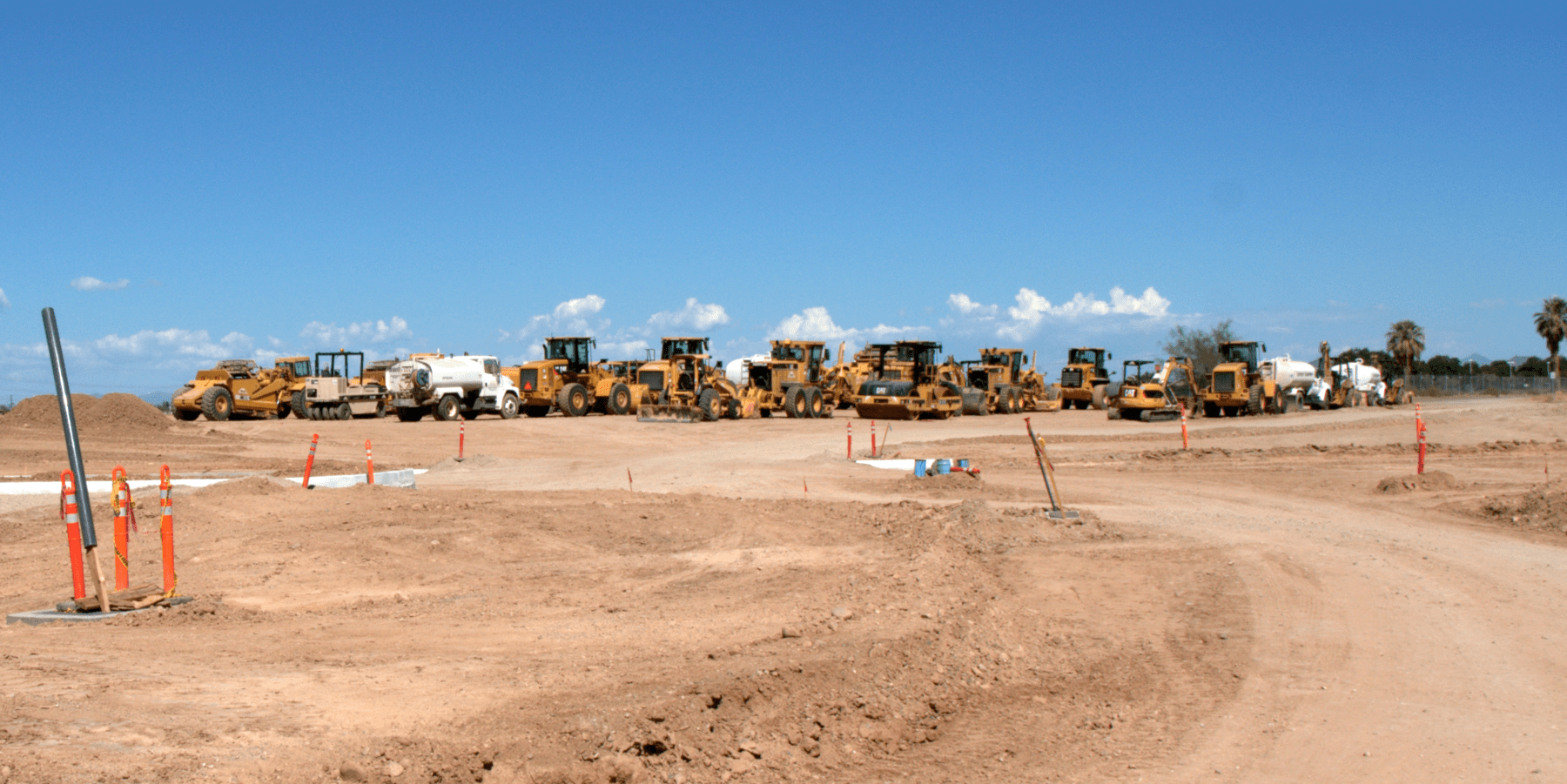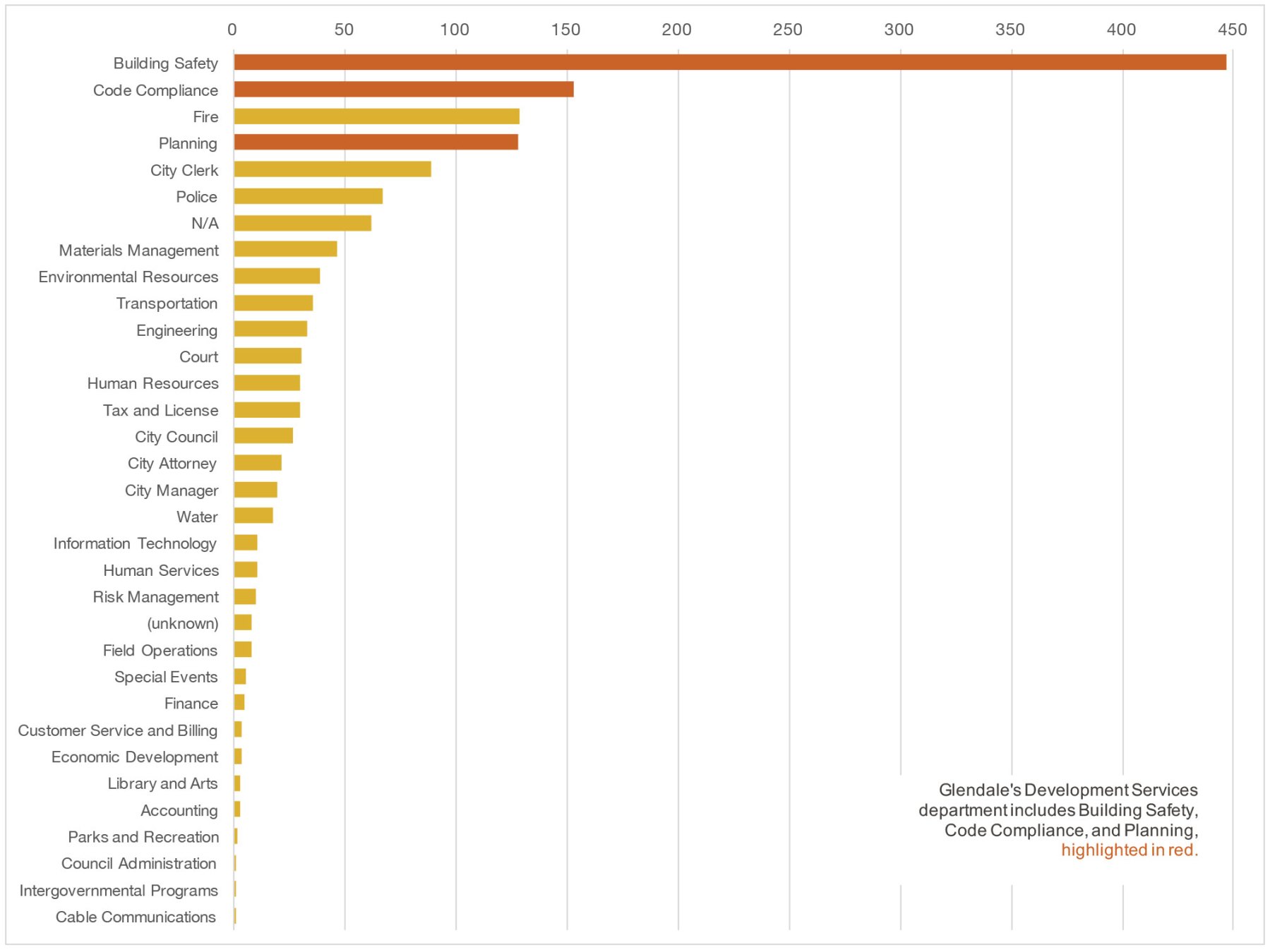Improving access to information on neighborhood development
Case study

As a city on the upswing from a serious financial crisis, the City of Glendale, Arizona has a laser-sharp focus on economic development and revitalization. In 2017, Glendale added 1,891 new jobs, bringing new businesses and workers to the community. Open data and innovation advocates within city government have recognized that improving the city’s Development Services is another important part of Glendale’s efforts toward financial stability.
Over the last year, Sunlight has worked with Glendale on a Tactical Data Engagement pilot project, to get permit and development data into the hands of real estate decision-makers and resident activists as part of an open data program that radically values stakeholders’ information needs.
Glendale’s goals for open data
In early 2017, the City of Glendale sought the help of the Sunlight Foundation in launching an open data program for the first time. In order to justify investing in open data, Glendale wanted to ensure that stakeholders would be able easily access and use open data to help solve community problems. Glendale’s leadership embarked on this project because they wanted to be intentional in connecting open data efforts to the information needs of community actors. As the team started to plan for the launch of an open data portal, Glendale also started to investigate areas where residents might be interested in using data to address local issues. Glendale asked Sunlight’s Open Cities team to help.
Glendale’s Development Services open data story
Sunlight helped Glendale find a set of specific opportunities to support real estate and neighborhood stakeholders in getting free, open access to usable data on permits, code enforcement, and abatement to improve economic and housing development in the city.
Sunlight analyzed public records requests and found that Development Services department records were by far the most requested. Specifically, residents and real estate professionals were frequently requesting information on building permits, code violations, parcel summaries, or zoning (see Figure 1 below).
Figure 1: Number of public records requests in Glendale, by office or department

This was a signal that Development Services’ information was in-demand but not adequately accessible online. Fixing that would better serve Glendale residents while also alleviating staff workload. Having this general context helped us begin reaching out to stakeholders to refine the focus area toward what in the end will be an actionable project to improve the community use of data.
Sunlight worked with the city to conduct 11 interviews with records requesters to the Development Services department and other local stakeholders in real estate and development. The interviews yielded three clear “use cases”: real estate professionals who compile zoning reports or other assessments, real estate developers who use data to strategize about new construction, and residents who want to track or influence the progress of neighborhood development in the area. The current public records request process worked for these stakeholders, but sometimes took weeks to complete, slowing down development timelines and making real estate professionals’ and local residents’ information-seeking efforts much harder.
Sunlight drafted a set of user personas to share with Glendale that would help drive conversations with city staff about how to help these users better access and utilize open development services data. Based on user personas for real estate development, Sunlight outlined the specific datasets and information that each type of user consistently looked for, as well as barriers that regularly prevented residents from accessing and using that data.
Sunlight will next work with Glendale to re-engage with key stakeholders who reported using permit data, abatement data, or code enforcement data in earlier interviews, and start planning how to release impactful datasets with fields, accessibility standards, and updates that meet those target users needs. By participating in user testing for the datasets themselves and the open data portal, stakeholders like neighborhood activists, developers, appraisers, and consultants will have an opportunity to inform the publication of development-specific datasets on Glendale’s open data portal to be publicly launched this year.
With an understanding of who needs information to support community investment and development, the city data they use to do it, and the barriers they encounter, Sunlight and Glendale are now working to design a plan to help users overcome those barriers (as of January 2018).
Following the TDE process:
Here’s the process Glendale and Sunlight followed to first better understand specific community information needs relevant to the city’s goals, and then to ensure that the city’s new open data program is designed to address those needs by connecting to opportunities for community use.
1. Finding a focus area
Tactical Data Engagement encourages starting big and progressively narrowing down to support a specific opportunity for community use of data. In order to help Glendale ensure that its open data efforts connected to resident information needs, Sunlight’s team helped the city choose a focus area to isolate a specific group of community actors with open data needs. Sunlight helped Glendale do this by analyzing records requests to the city as a proxy for what kinds of information residents and community actors were most sought after.
This tactic was a great fit for Glendale because they had a working electronic records request system from which we could extract a list of frequently requested information as well as frequent requesters, which is essentially a built-in set of stakeholders with data needs. Focusing on frequently requested information also had the added bonus of supporting the city clerk’s goals of reducing response times to city records requests.
Glendale decided to move forward with a focus on Development Services Department data because the most frequently requested city information belonged to that department. Focusing on Development Services would also align with the city’s desire to use open data to address Glendale’s real estate and community development goals.
2. Refining use cases
Before we could make recommendations about how Glendale should improve its Development Services data for community use, we needed more information about how residents and community stakeholders actually use that data. So we set out to ask the people who know best. The city compiled a list of people who had made electronic records requests to the city. Sunlight conducted interviews with records requesters as well as with additional relevant community stakeholders to learn more about what city data and information they use and why. We chose this tactic to drill down into each individual’s experience and needs for development data. These interviews fed into a set of user personas and use cases that would help Glendale segment opportunities and move forward with planning specific interventions to meet the needs of these specific users.
3. Designing a plan
Much of the data these users want is available in structured formats internal to city departments. Since the city’s efforts to facilitate the community use of development services data began alongside the development of an open data portal, Glendale has started to process data for release on the portal with a special focus on processing development services data tailored for the identified users. Glendale will tailor this data by doing user testing with potential development services data users. This tactic made most sense given the timing of the data portal’s development and the fact that many of the target data users’ challenges seemed to center around accessibility. Conducting user testing with specific target users will ensure that Glendale creates an data portal that’s grounded in real community needs and supportive of specific cases for open data use.
Outcomes toward better open data
Cities like Glendale may not have community engagement departments or dedicated staff who are regularly interacting with residents to let them know about the many opportunities to use city open data. Tactical Data Engagement gives staff an opportunity to work on engagement around open data that meets a limited but impactful goal by directly connecting to stakeholder needs. Thanks to this process, Glendale will have developed an open data portal with development-services-related datasets and features directly informed by real estate professionals and resident activists.
Summary of key findings
Sunlight’s information-demand analysis and open data user research has uncovered the following findings relevant to the design and implementation of Glendale’s open data program:
- Development services information is in high demand relative to other city hall information: City data and information related to Development Services accounts for nearly 40% of formal public records requests to city hall. Development services data is clearly in-demand and should be prioritized as the city launches its open data program.
- Development services user personas: Frequent development services records requestors include real estate consultants, community developers, concerned residents.
- Real estate consultant data and use cases: Real estate consultants use address-specific parcel, property, and land use data such as permit data, zoning data, and violations data for use cases that included real estate due diligence research, zoning reports, and appraisals.
- Community developer data and use cases: Community developers use citywide as well as site-specific city data, including permit data, fee schedules, land use cases, city contracts, and neighborhood plans for use cases that include market research, legal research, grant preparation, and project planning.
- Concerned neighborhood residents data and use cases: Residents need relevant city data/info, including agendas and minutes for community meetings, development project application materials, community survey data, and zoning and land use data to participate productively and efficiently in the decision-making processes of public bodies that oversee land use, such as the zoning board.
- Media and journalists are frequent city information users: Media and journalists are some of the most frequent records requestors regardless of city department, using a variety of city data and information to communicate important facts and stories to the public.
Sunlight will produce additional findings as we work with Glendale to beta test its open data portal and data documentation with actual users of development services data.
Top: Photo by Kevin Rutherford.

